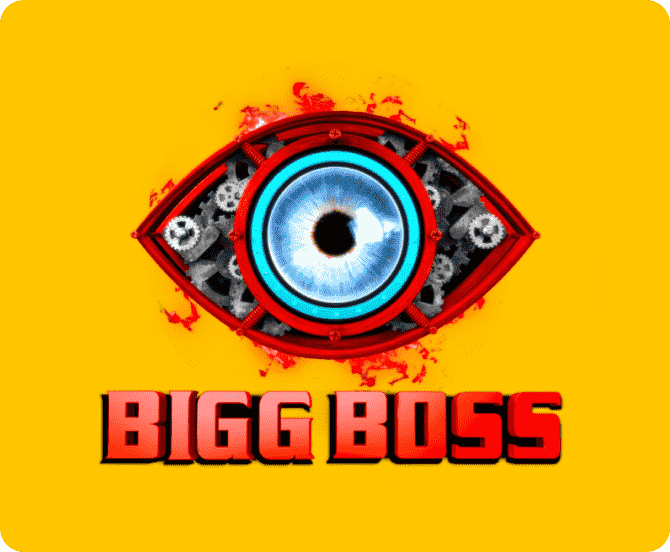How Bigg Boss Manipulates Indian Youth
 |
| Bigg Boss |
"Bigg Boss" is an Indian reality television show that takes inspiration from the Dutch show "Big Brother." The concept of the show involves a group of people living together in a house and completing tasks assigned by the organizers, known as the "Bigg Boss." These tasks are strategically designed to provoke conflicts and disagreements among the participants, providing entertainment for the viewers. The main goal is to increase the show's Television Rating Points (TRP) by creating engaging content through interpersonal disputes and confrontations among the contestants. Sometimes, viewers fail to realize that what they're watching for entertainment is, in reality, the participants deriving pleasure from arguments, offensive language, and fights. Can these individuals be compared to those who, upon witnessing a street assault, join in and find satisfaction from it, even without knowing the reason behind the attack?
While "Bigg Boss" is designed for the 18-35 age group, it's worth noting that even children are increasingly exposed to the show these days. Unfortunately, this exposure has led to concerning outcomes, including behavioral issues, sadness, the adoption of disrespectful language, and instances of body shaming among younger viewers.
Now, let's delve into why individuals of all age groups are drawn to watch this show despite these negative effects.
Absolutely. People naturally enjoy peeking into the private lives of others. It's similar to watching daily vlogs to see what others are up to. Similarly, shows like "Bigg Boss" cater to this curiosity. They not only present arguments and drama for entertainment but also encourage elements like fake relationships among contestants to attract more viewers.
Another reason is that some people find it interesting and derive pleasure from observing others in challenging or painful situations. This is sometimes referred to as "sadism." It's akin to people enjoying conflicts on "Bigg Boss," even if they're not directly involved. It's a mix of curiosity and the desire to see how others handle difficulties.
The show's producers carefully curate its content to ensure viewers find entertainment in the featured footage. However, it's crucial to realize that out of the 24 hours in a day, only about an hour is presented to the audience. This edited segment aims to provide a specific perspective, often including incomplete segments, leading to possible misinterpretations or misunderstandings among viewers. Additionally, contestants on the show might engage in gossip and confrontations, which further contribute to the show's dramatic allure.
These shows not only possess the ability to influence viewers but can also inadvertently contribute to the development of personality disorders, heightened anxiety, and a tendency toward self-centered behavior. Therefore, it's wise to watch such shows sparingly to avoid potential negative effects.
Blog by Naman Mathur


Post a Comment